
In this article, we’ll review five hotel preventive maintenance tips that can reduce costs, decrease vacancies, and enhance long-term success.
Obviously, most hotels would like to increase their average annual bookings. It’s not uncommon for popular hotels to be fully occupied during high seasons and more vacant during low seasons. Achieving year-round occupancy isn’t easy for most properties.
Factors like unfavorable economic conditions, location, steep competition, and limited marketing budgets require management to exercise creative ingenuity during seasonal slowdowns. However, the last thing hotel managers need is unavailable rooms during peak travel times!
One of the most common causes of off-market rooms is unexpected equipment failures. Hotel maintenance teams sometimes spend costly amounts of downtime diagnosing and repairing assets, before cleaning staff can return hotel rooms to guest-ready conditions. According to the U.S. Department of Energy, predictive maintenance saves up to 40 percent more than reactive maintenance alone.
While most operational managers would like to adopt preventive maintenance (PM) programs and hotel maintenance software, many lack the organizational tools, backing, and budget to do so.
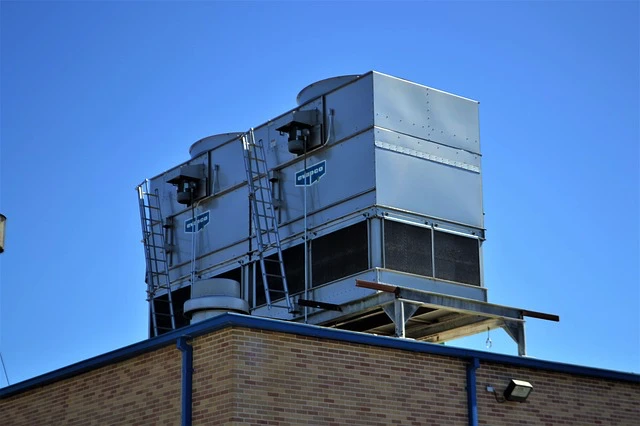
Hotel Preventive Maintenance: 5 Tips for Streamlining Operations and Cutting Costs
Before we begin, let’s review the definition of hotel maintenance:
Hotel maintenance involves caring for equipment systems related to both general building operations (e.g. HVAC, electrical, plumbing, groundskeeping) and guest experience maintenance (e.g. refrigeration, WiFi, lighting).
Obviously, the scope of an establishment’s maintenance needs will vary depending on hotel size, amenities, and customer base. However, the following preventive maintenance tips apply to most hotels, resorts, casinos, and rentals:
1. Follow the 80/20 rule
Also called Pareto’s Principle, the 80/20 rule suggests that “80 percent of effects come from 20 percent of causes.” Many successful professionals practice some version of the rule, and maintenance technicians are no exception.
The principle suggests that 80 percent of hotel maintenance costs come from 20 percent of hotel assets. Thus, maintenance teams should focus 80 percent of their manpower on 20 percent of their assets. The rule has various other applications.
Take the carpet, for example. Does the carpet in 182B receive as much traffic as the carpet in the hotel lobby? Nope. That means maintenance staff should prioritize preventing carpet wear in high-traffic common areas over low-traffic areas.
Some insiders even suggest that Pareto’s Principle directly applies to preventive maintenance vs. reactive maintenance. Thus, the most successful hotel maintenance programs devote 20 percent of manpower to reactive maintenance and 80 percent of manpower to preventive maintenance.
While the rule isn’t an exact science, every hotel can at least benefit from practicing risk-based preventive maintenance.
2. Prioritize tasks according to levels of risk
Risk-based maintenance for hotels requires prioritizing PM work orders that will both a). Most greatly impact daily guest experiences and b). Prevent large, unnecessary operational expenses.
Here are the most important asset categories for risk-based maintenance:
- HVAC: Did you know that 40 to 60 percent of hotel operating costs are energy-related? Air conditioning units are expensive to both repair and replace. Regularly changing air filters and inspecting other important HVAC parts are easy PM tasks worth prioritizing.
- Kitchen: Unlike home kitchens, commercial hotel kitchens often include complex machinery that eats up utility costs. Inspect all equipment for operating efficiency and problems.
- Lighting: Ensure all rooms are lit with energy-efficient bulbs and consider installing motion sensors to automatically turn off lights in empty rooms.
- Plumbing: Undetected water leaks are another common expense. Running toilets, corrosion damage, water damage, and floor repairs can quickly tack on costs. Consider adding leak checks to your monthly PM schedule.
- Boilers/Chillers/Expensive Assets: Inspect complex machinery for leaks, unusual sounds, spikes in energy usage, malfunctioning meters, wonky valves, and other faulty behavior.
- Guest Rooms: Though it may seem obvious, it’s incredibly important. Guests will remember the quality of their rooms more than anything else. Inspect carpets, HVAC controls, air vents, doors, TV remote batteries, amenities, and unusual odors.
- Parking Lots: First impressions count; fix potholes, clean storm drains, and maintain flowers/plants to gain bonus points with guests.
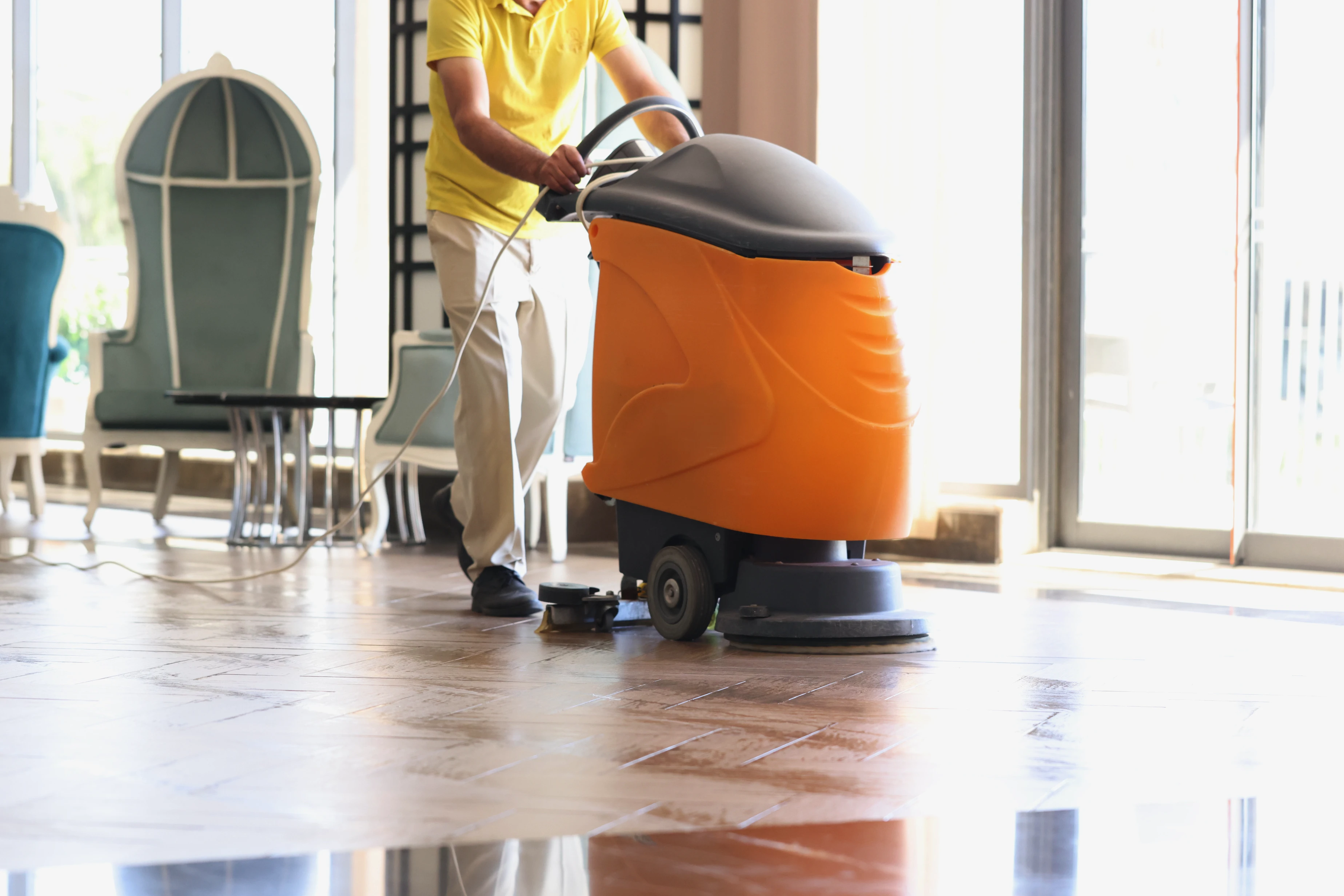
3. Adopt a foolproof accountability system
Another important factor in running successful hotel maintenance management is always knowing which tasks have been completed and which ones remain. For most teams, this means finding a Computerized Maintenance Management System (CMMS) that digitizes, assigns, and organizes work orders. The larger the hotel, the more difficult to keep track of paperwork orders.
Unfortunately, choosing the right preventive maintenance software for hotels can be tricky. On one hand, you don’t want to spend money on advanced features you don’t need. On the other hand, you probably need more functionality than a free CMMS solution can provide. As mentioned by Jeff Owens, CEO of Advanced Technology Services and Plant Engineering Maintenance Survey partner:
“It’s clear, from my perspective and the majority of survey respondents, that the number one barrier to improved maintenance is the lack of staff resources, which lends itself to the need for experienced talent and technology providers.”
Fortunately, new SaaS providers have entered the CMMS market to eliminate commonly perceived obstacles. MaintainX offers a freemium maintenance app that is comprehensive, elegant, and user-friendly.
Hotel maintenance technicians can use the smartphone app to access work order assignments, guest complaints, upload equipment photographs, chat with managers, and mark orders complete with little to no required training. Another benefit? Digital audit trails provide accessible records of asset maintenance that can be used to fine-tune preventive maintenance programs over time.
4. Track costs for savings opportunities
Next, we recommend tracking asset maintenance variables to identify hidden cost savings opportunities. This is another reason to invest in a user-friendly CMMS solution. The best maintenance apps digitally catalog work orders by the assigned worker, asset type, priority status, and several other categories.
The software then cross-references data points in order to generate user-friendly reports that reveal helpful information. For example, you may not realize that a specific HVAC unit has caused a disproportionate number of issues over a specific time period because of competing priorities. CMMS systems can help detect these anomalies automatically.
MaintainX Reporting also includes the ability to track downtime, Mean-Time-to-Repair, inspection failures, and other useful metrics to inform operational decision-making. Note: The feature is only available on the MaintainX Desktop/Web applications.
5. Enhance team communication
Finally, one of the easiest ways to increase operational efficiency, and decrease costs, is to strengthen communication between hotel maintenance technicians and directors. While every hotel wants a team of seasoned professionals, it’s important to implement processes that can still function when folks inevitably retire or turnover.
The more workers that are replaced with fresh talent, the more imperative good communication becomes. Unsurprisingly, greener technicians have lots of questions: Where are extra HVAC filters stored? Is it normal for the air duct system to make a clicking sound? What is the protocol for reporting a problem that impacts guests?
The best way to help maintenance technicians troubleshoot without delay is to utilize a system that makes internal communication a central component. Unlike standard text messaging, maintenance messaging apps allow users to upload training manuals, photograph equipment, and comment directly on a work order. Apps organize conversation threads in a way standard messaging simply cannot.
MaintainX is the only maintenance software provider on the market that includes real-time chat within its work order platform. If you don’t use our software, check out business messaging apps like Slack.
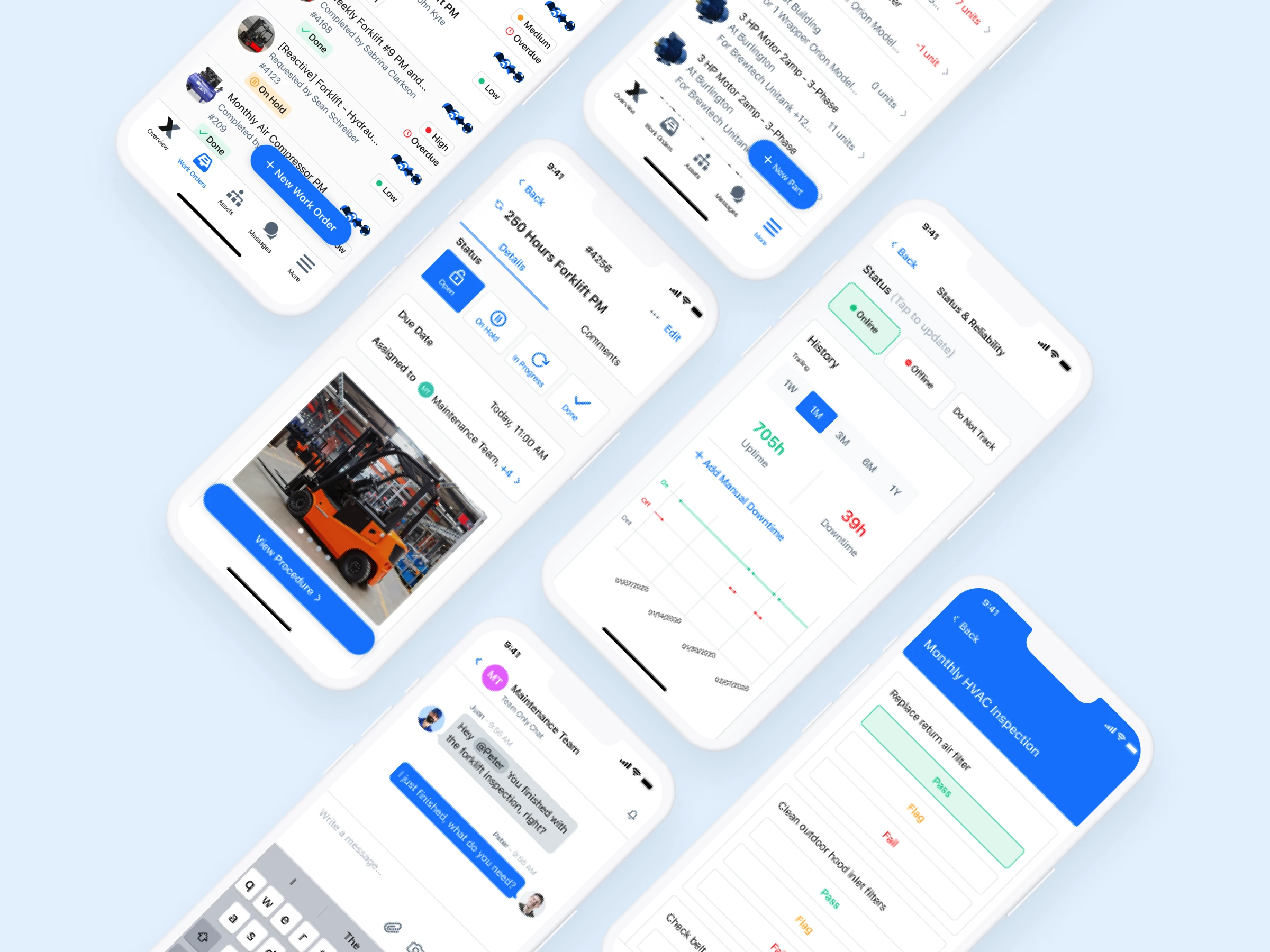
Simplify Hotel Preventive Maintenance
Providing guests with a relaxing hotel experience is no small feat. Hospitality service, janitorial, and maintenance workers must complete numerous small tasks that combine to create a seamless experience for patrons.
Hotel teams that prioritize the 80/20 rule, practice risk-based maintenance, maintain accountability systems, analyze costs, and streamline team member communication are more likely to decrease unnecessary vacancies.
Has your organization delayed implementing a preventive maintenance program because it seemed complicated, expensive, or time-consuming? If so, we invite you to download our app and begin integrating the tips outlined in this article. Find out why companies like Hilton, Marriott, and McDonald’s are streamlining operations with MaintainX.
Learn more:l Hotel preventive maintenance checklist


.webp)
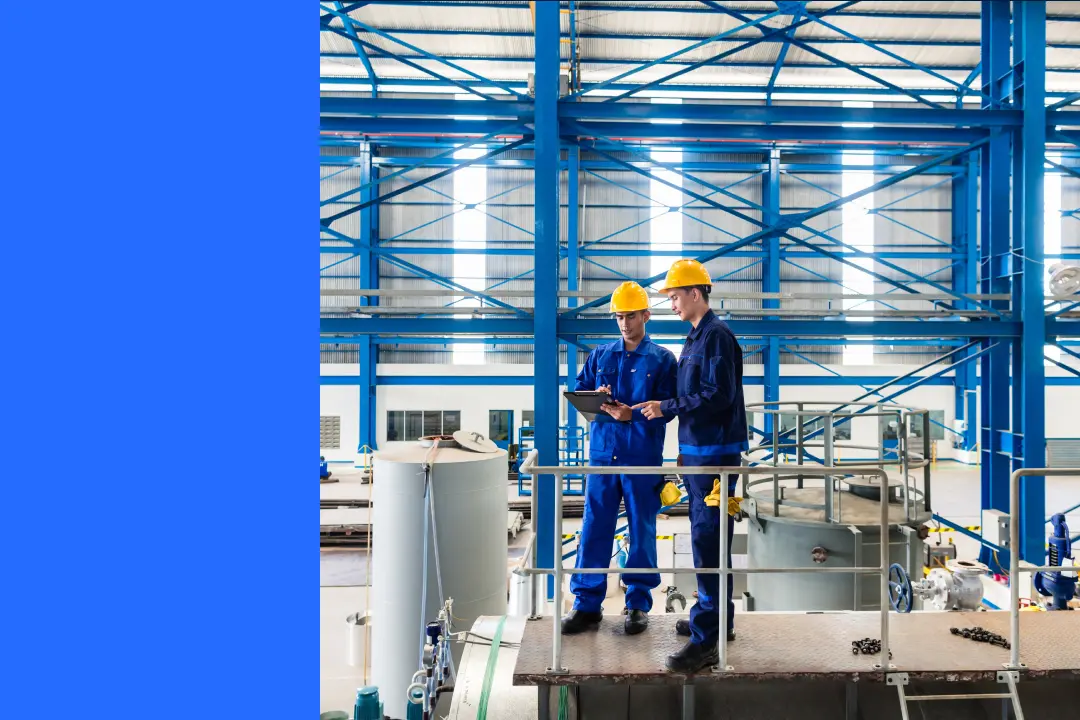

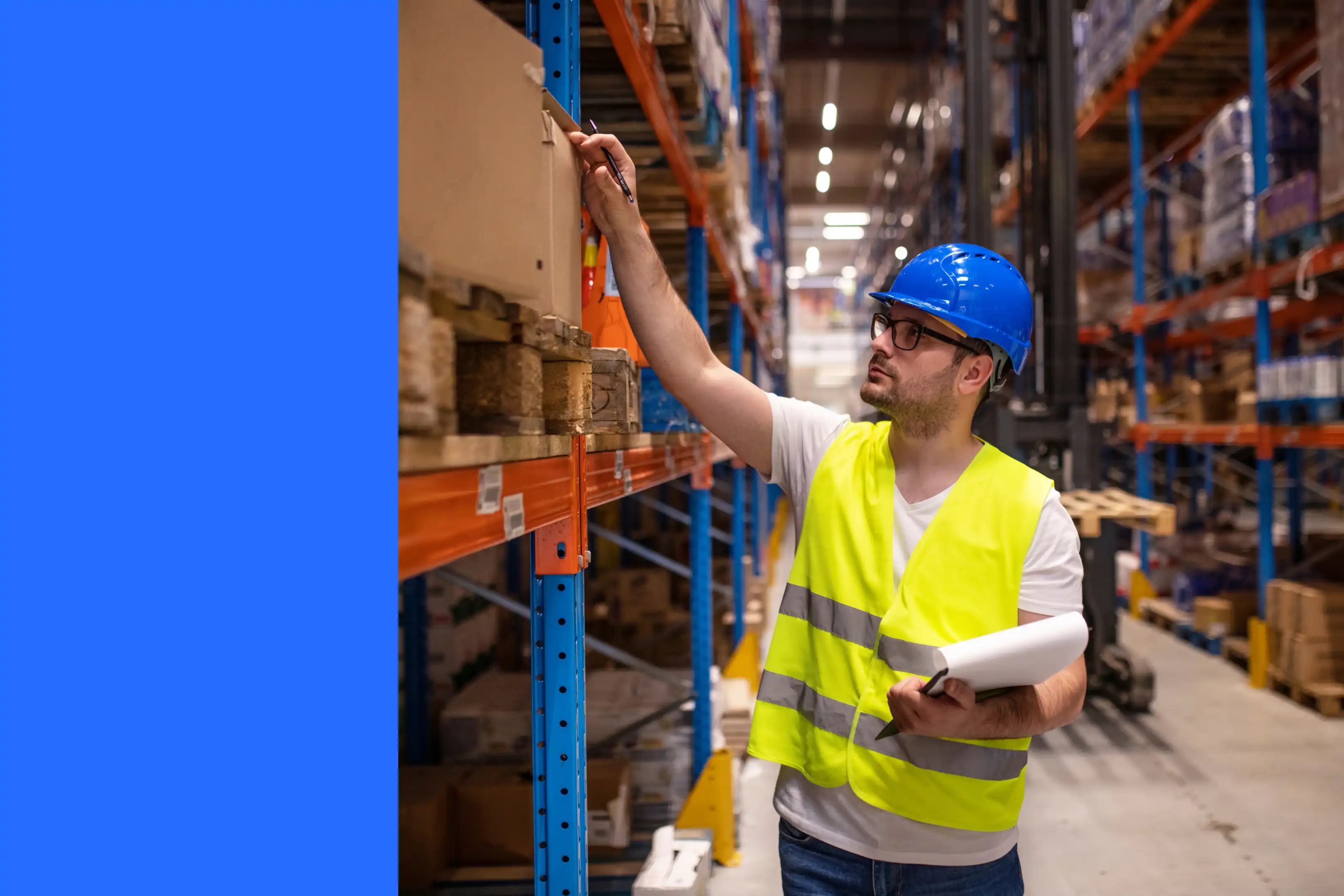
.webp)